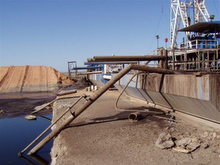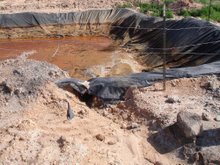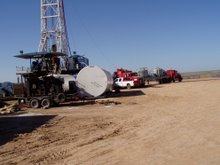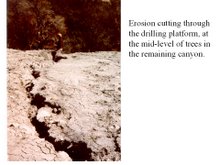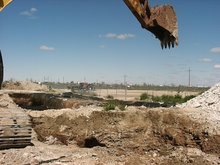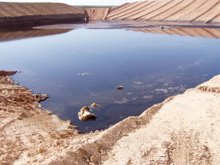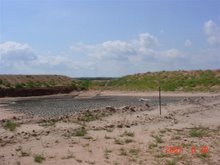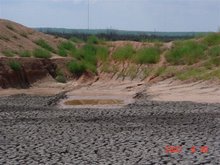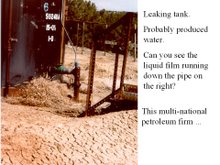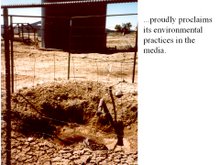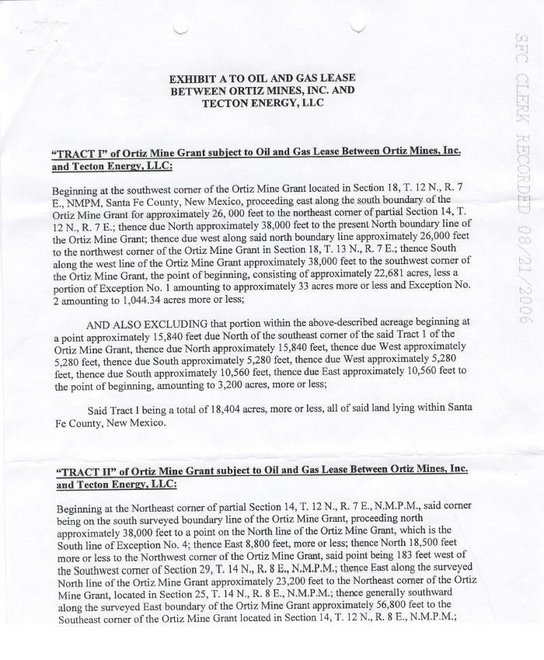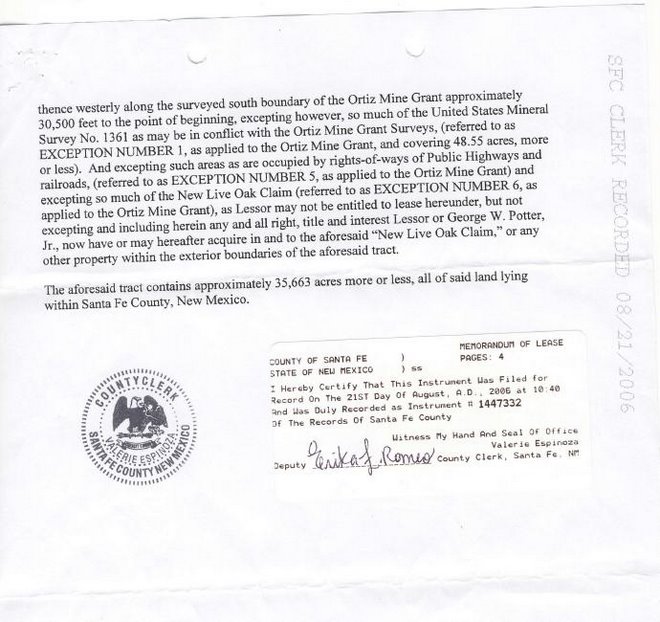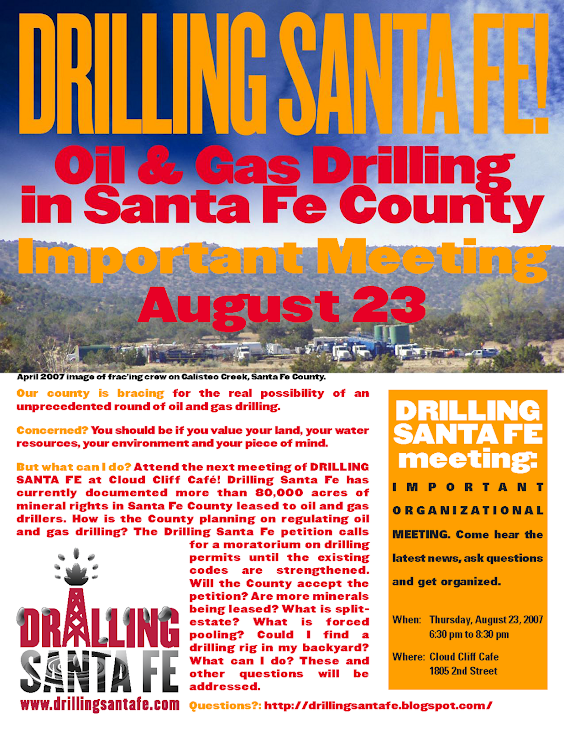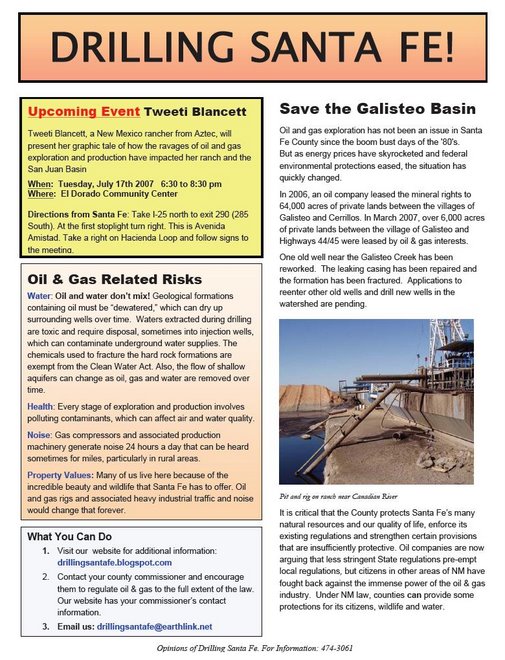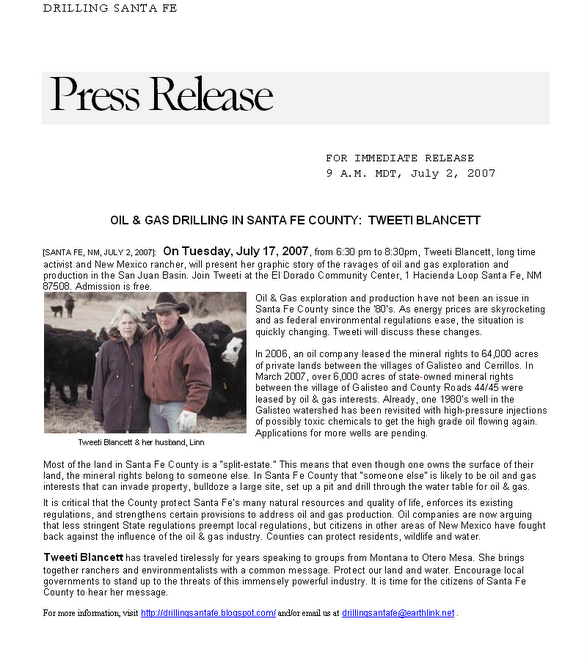Our government is in knots over ways to lower the federal budget deficit. Well, what if we told you we found a pot of money - over $60 billion a year - that could be used to help out?
That bundle is tax money not coming in to the IRS from American corporations. One major way they avoid paying the tax man is by parking their profits overseas. They'll tell you they're forced to do that because the corporate 35 percent tax rate is high in relation to other countries, and indeed it seems the tax code actually encourages companies to move businesses out of the country.
Tax havens: Do companies pay their fair share?
"60 Minutes" correspondent Lesley Stahl talks tax havens and the new ways American companies are stashing their profits abroad.
Companies searching out tax havens is nothing new. In the 80s and 90s, there was an exodus to Bermuda and the Cayman Islands, where there are no taxes at all.
When President Obama threatened to clamp down on tax dodging, many companies decided to leave the Caribbean, but as we first told you in March, instead of coming back home, they went to safer havens like Switzerland.
Several of these companies came to a small, quaint medieval town in Switzerland called Zug.
Hans Marti, who heads Zug's economic development office, showed off the nearby snow-covered mountains. But Zug's main selling point isn't a view of the Alps: he told Lesley Stahl the taxes are somewhere between 15 and 16 percent.
"And in the United States it's 35 percent," Stahl pointed out.
"I know. It's half price," Marti said.
Marti told Stahl that Zug most probably has the lowest tax rates in Switzerland.
"So you're kind of a tax haven within a tax haven?" she remarked.
"Maybe, yes," he acknowledged.
The population of the town of Zug is 26,000; the number of companies in the area is 30,000 and growing at an average rate of 800 a year. But many are no more than mailboxes.
Texas Democratic Congressman Lloyd Doggett questions whether the recent moves of several companies are legit. "A good example is one of my Texas companies that's been in the news lately, Transocean," Rep. Doggett told Stahl.
Transocean owned the drilling rig involved in the giant BP oil spill. They moved to Zug two years ago.
Extra: Benefits of bringing back cash
Extra: How to shift profits
"I'm not sure they even moved that much. They have about 1,300 employees still in the Houston area. They have 12 or 13 in Switzerland," Doggett told Stahl.
"And yet they claim that they're headquartered over there," Stahl remarked.
"They claim they're Swiss. And they claim they're Swiss for tax purposes. And by doing that, by renouncing their American citizenship, they've saved about $2 billion in taxes," Doggett explained.
Stahl and "60 Minutes" decided to visit their operations in Zug.
A woman at the door told Stahl, "At the moment my boss is not here."
She said her boss wasn't there and we should call someone halfway around the world, in Houston.
"But this is the headquarters," Stahl remarked.
"I know," the woman said.
When asked if the CEO was there or is normally at the Zug office, the woman said "No."'
Produced by Shachar Bar-On
Link>>>>


